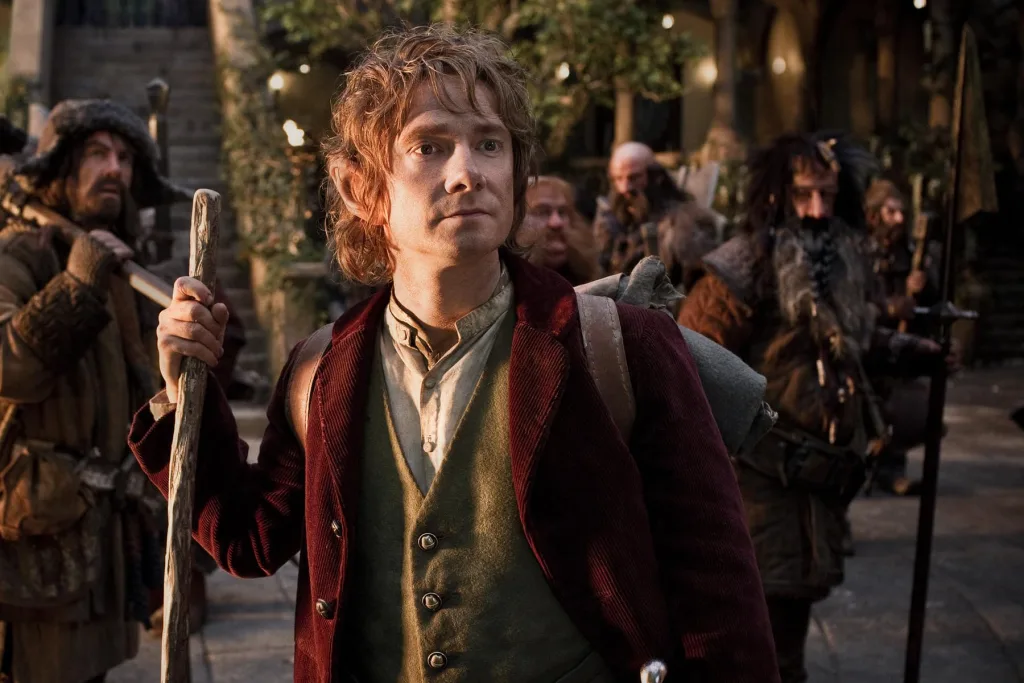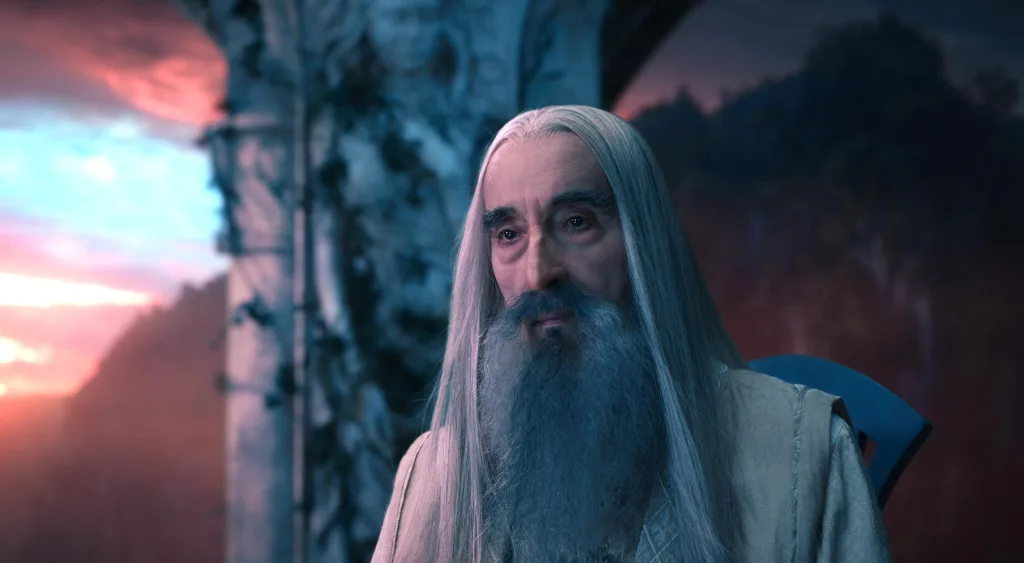Sean and Will are sitting on a bench in front of a pond in a park in Boston. Sean, illuminated after Will’s presumptuous attempt to psychoanalyze him based on a single artwork, says: “Thought about what you said to me the other day, about my painting. Stayed up half the night thinking about it. Something occurred to me… fell into a deep peaceful sleep, and haven’t thought about you since. Do you know what occurred to me?”
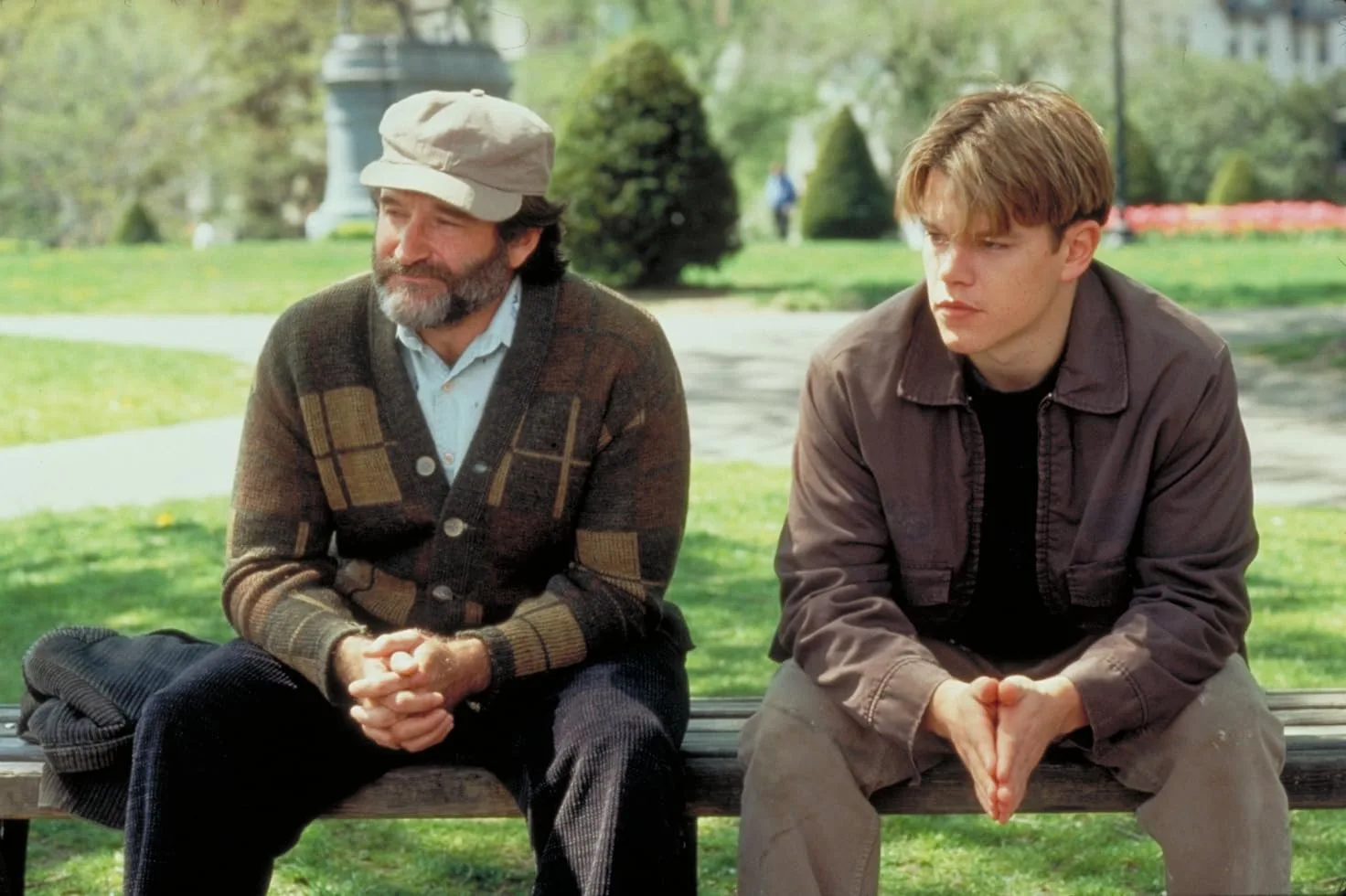
Will: “No.”
Sean: “You’re just a kid, you don’t have the faintest idea what you’re talkin’ about.”
An entitled genius
In Good Will Hunting (1997), Will is an extremely talented young man, working as a janitor in the buildings of the prestigious Massachusetts Institute of Technology. He is astonishingly smart, soaking up knowledge from the books he reads each day. Using his impressive math skills, he secretly solves complex proofs that were put on MIT’s chalkboards by renowned math professor and Fields Medalist, Gerald Lambeau.
Will never went to university. He lives in an underdeveloped area in Boston, where he frequently visits the local bars to have a drink with his friends. His friends aren’t blessed with a genius mind like his. They are unemployed, or have temporary jobs. Despite his brilliance, Will continues to hang around with them.
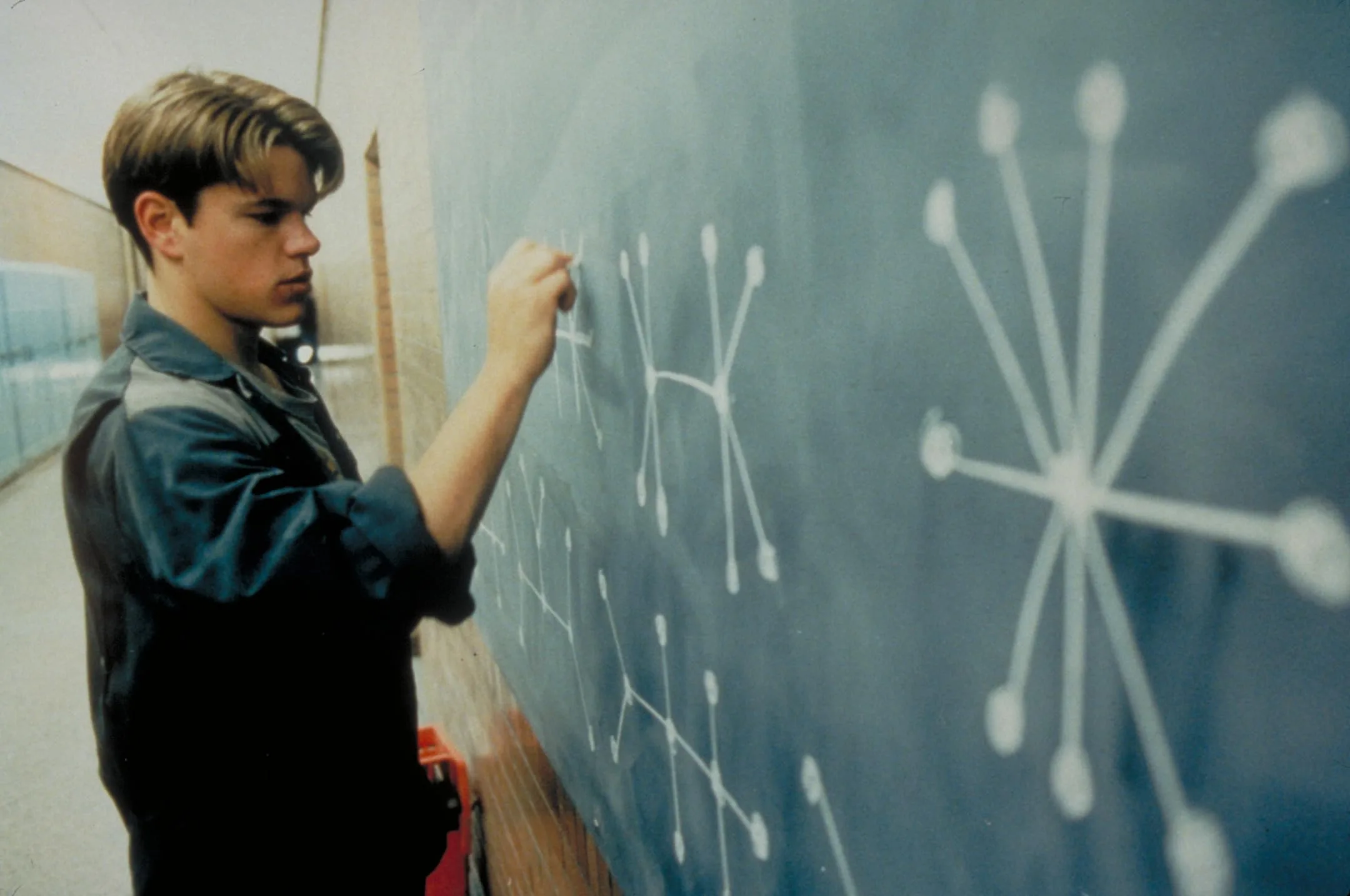
One day, professor Lambeau finds out that it was Will who wrote down the proofs. Lambeau is so impressed by Will’s intelligence, he recruits him to contribute to his groundbreaking research. Will, however, crushes all the assignments given to him by Lambeau. Nothing seems to challenge him. He is smarter than everyone in Lambeau’s classes, and even more so than Lambeau himself.
In terms of intelligence, Will stands head and shoulders above everyone around him. He is arrogant because of that. In his grandiosity, he thinks he is more special than everyone else and feels entitled to success without effort. Knowing every book there is, no one stands a chance to win an argument against him. He is the classic Puer Aeternus: the gifted boy who exists in a perpetual state of potential, his life a series of intellectual and fantastical pursuits, never fully engaging with the tangible world out of a deep-rooted fear of reality.
That’s where Lambeau asks his friend and psychologist Sean for help.
An impenetrable fortress
At the pond, Sean continues: “You’ve never been out of Boston.
So if I asked you about art, you’d probably give me the skinny on every art book ever written. Michelangelo, you know a lot about him. Life’s work, political aspirations, him and the pope, sexual orientations, the whole works, right? But I’ll bet you can’t tell me what it smells like in the Sistine Chapel. You’ve never actually stood there and looked up at that beautiful ceiling; seen that.
If I ask you about women, you’d probably give me a syllabus about your personal favorites. You may have even been laid a few times. But you can’t tell me what it feels like to wake up next to a woman and feel truly happy.
You’re a tough kid. And I’d ask you about war, you’d probably throw Shakespeare at me, right, “once more unto the breach dear friends.” But you’ve never been near one. You’ve never held your best friend’s head in your lap, watch him gasp his last breath looking to you for help.
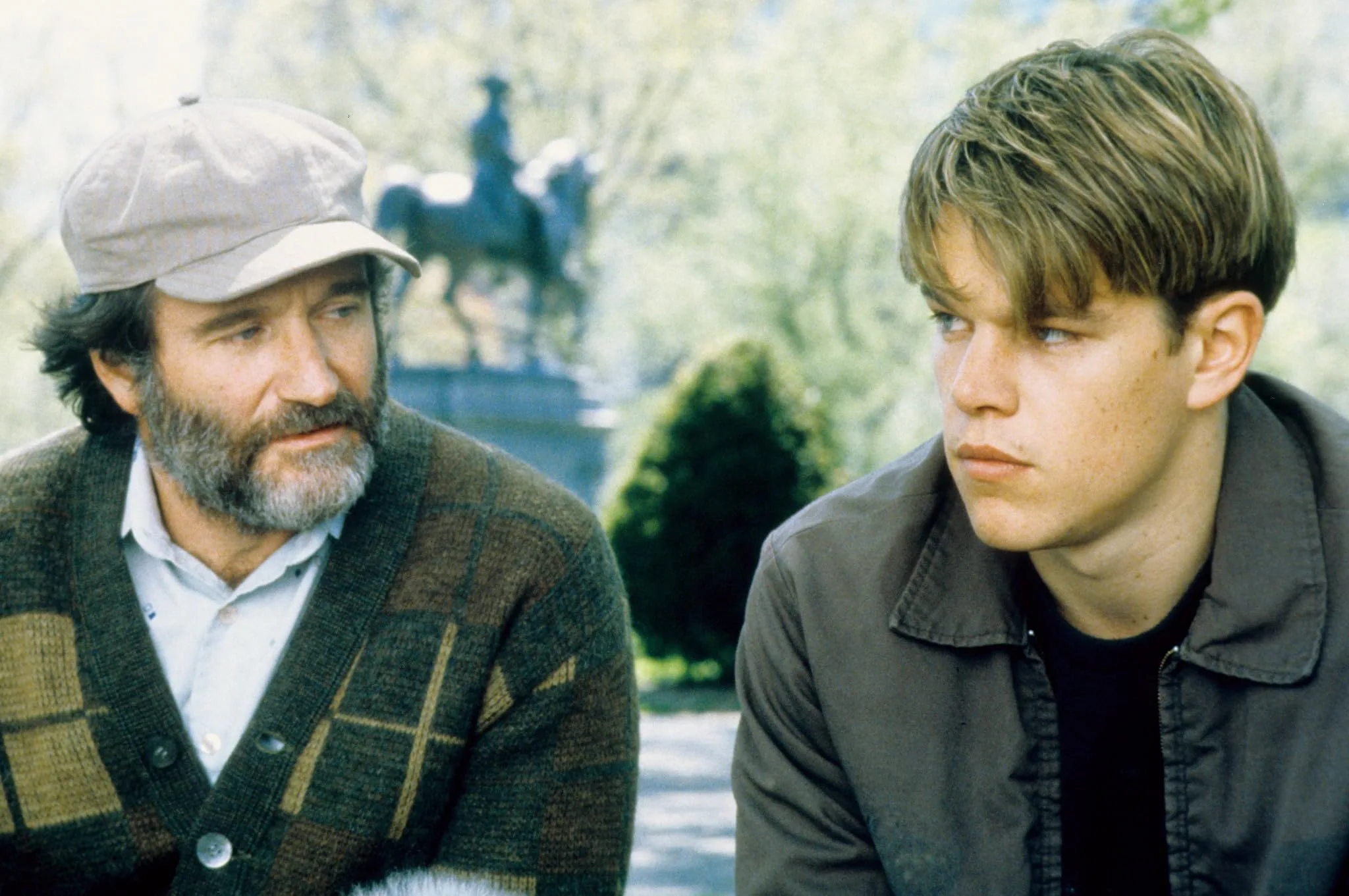
I’d ask you about love, you’d probably quote me a sonnet. But you’ve never looked at a woman and been totally vulnerable. Known someone that could level you with her eyes, feeling like God put an angel on earth just for you. Who could rescue you from the depths of hell. And you wouldn’t know what it’s like to be her angel, to have that love for her, be there forever, through anything, through cancer.
And you wouldn’t know about sleeping sitting up in the hospital room for two months, holding her hand, because the doctors could see in your eyes, that the terms “visiting hours” don’t apply to you. You don’t know about real loss, ’cause it only occurs when you’ve loved something more than you love yourself. And I doubt you’ve ever dared to love anybody that much.
And look at you… I don’t see an intelligent, confident man… I see a cocky, scared shitless kid. But you’re a genius Will. No one denies that. No one could possibly understand the depths of you. But you presume to know everything about me because you saw a painting of mine, and you ripped my fucking life apart.
You’re an orphan right? You think I know the first thing about how hard your life has been, how you feel, who you are, because I read Oliver Twist? Does that encapsulate you? Personally… I don’t give a shit about all that, because you know what, I can’t learn anything from you, I can’t read in some fuckin’ book. Unless you want to talk about you, who you are. Then I’m fascinated. I’m in. But you don’t want to do that do you sport? You’re terrified of what you might say.”
Will is frightened to leave his comfortable Neverland, where he never has to take responsibility for his fate. He doesn’t want to be vulnerable, to fail. He has built a defense mechanism where he can safely remain the smartest person among his peers and where no one can touch his sense of specialness. He is able to intellectualize everything, refusing to see what is truly in front of him.
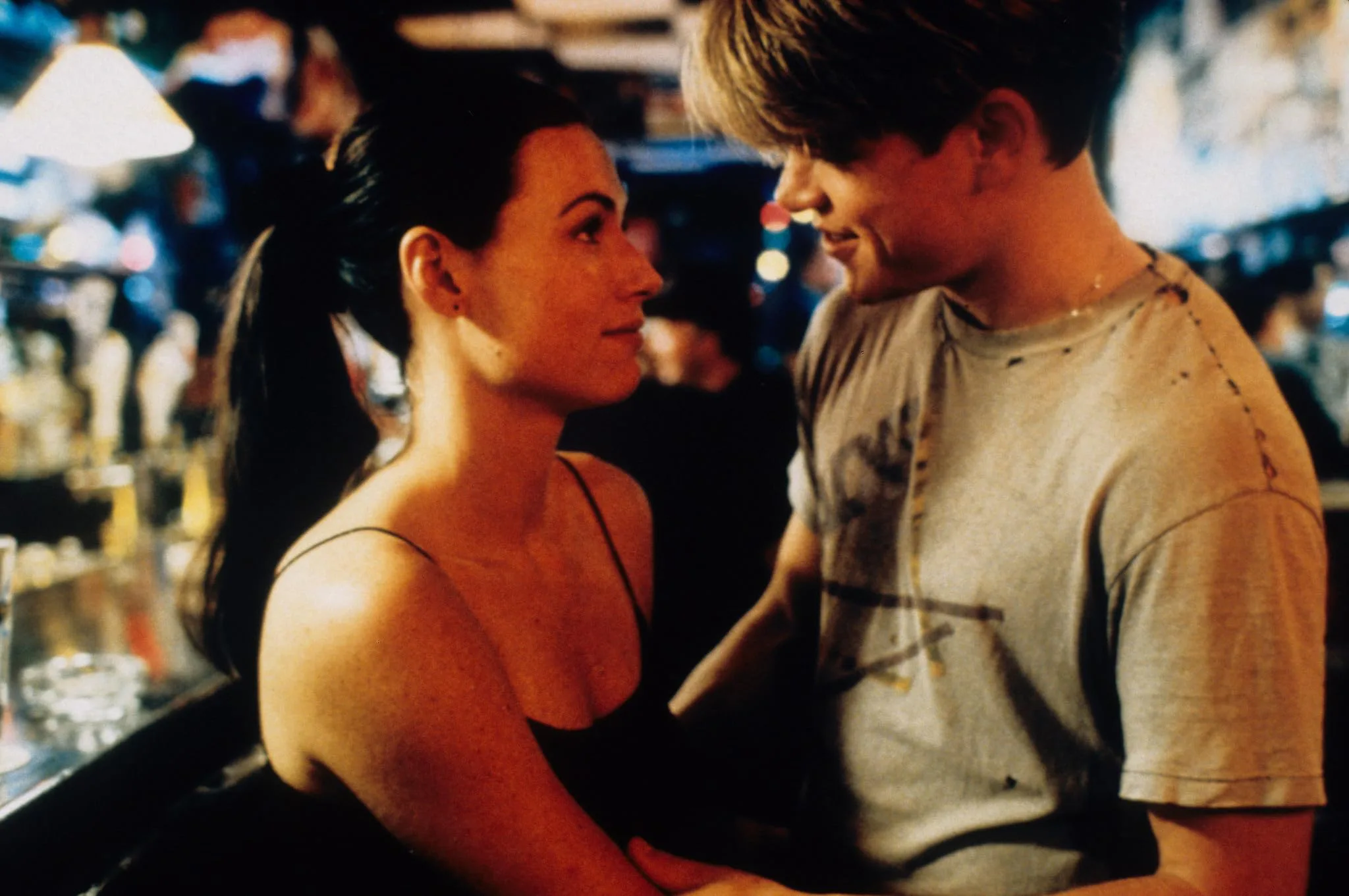
He convinces himself that he wants to stay in Boston and work as a construction worker with his friends. He sees too many negative things down the road to work at the NSA, the university or do any other job that would truly challenge him. He’s paralyzed by fear, unable to open himself up to Skylar — the girl he met at the bar — even though his love for her is genuine. Trying to keep his fantasies alive, he becomes awfully destructive. Because the one that refuses to truly live, is already halfway to being dead.
Will’s friend to Will on the construction site: “Fuck you, you don’t owe it to yourself man, you owe it to me. Cuz tomorrow I’m gonna wake up and I’ll be 50, and I’ll still be doin’ this shit. And that’s all right. That’s fine. I mean, you’re sittin’ on a winnin’ lottery ticket. And you’re too much of a pussy to cash it in, and that’s bullshit. ’Cause I’d do fuckin’ anything to have what you got. So would any of these fuckin’ guys. It’d be an insult to us if you’re still here in 20 years. Hangin’ around here is a fuckin’ waste of your time.”
It’s your choice
Through their shared pain, Sean finds a crack in Will’s seemingly impenetrable fortress. He builds trust with him. Sean shows Will that he is not to blame for how everything turned out and that he has to let go of his past in order to escape his condition. “It’s not your fault,” he tells him repeatedly, striking at the core of his buried pain. Will is fighting for control, but eventually collapses into a flood of tears.
The Puer Aeternus needs to ground his dreams and fantasies in reality in order to grow. He needs to leave behind his infantile dreamland and face the inevitable possibility that some of his hopes and whishes are going to be shattered. The imagined boundless world must give way to the acceptance of real-world limitations. This is mirrored in Sean’s recurring statement to Will at the end of their therapy sessions: “Time’s up.”
It’s in adopting responsibility, fighting for a cause, acting on your talents, that you prevent yourself from getting lost in your own delusions.
Will: “I didn’t ask for this.”
Sean: “No, you were born with it. So don’t cop out behind “I didn’t ask for this”.”
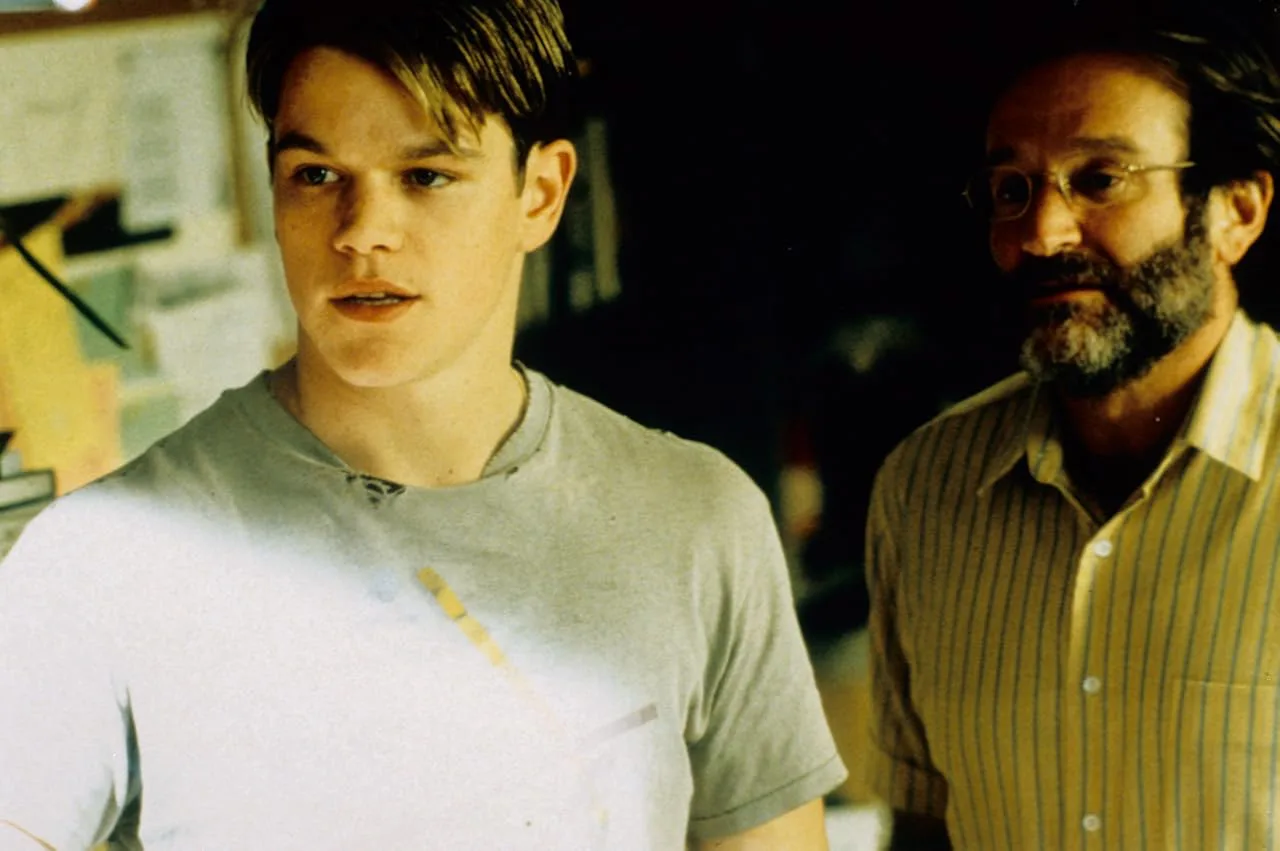
Work on something meaningful. Honestly ask yourself what you want to do with your life. Write down your dreams and make actual plans to express them. You might hurt someone, get fired, fail your exams, or go out of business actualizing your deepest longings. And that is fine. But a true sense of inspiration and meaning only blossoms when you dare to break free from your self-centered fantasies and megalomania, and start on the perilous quest of self-actualization.
Make the decision to grow up. Embrace the responsibility that comes with shaping your own path. Heed the call of adventure and set sail on your own journey. Once you have one foot firmly planted in the real world, you can tap from the Puer’s creativity and energy to fuel your journey.
At the end of Good Will Hunting, Will puts a note in Sean’s mailbox. “Sean, if the Professor calls about that job, just tell him, sorry, I have to go see about a girl.” He wakes up, leaves Boston in his rearview mirror and rides out into the world.

